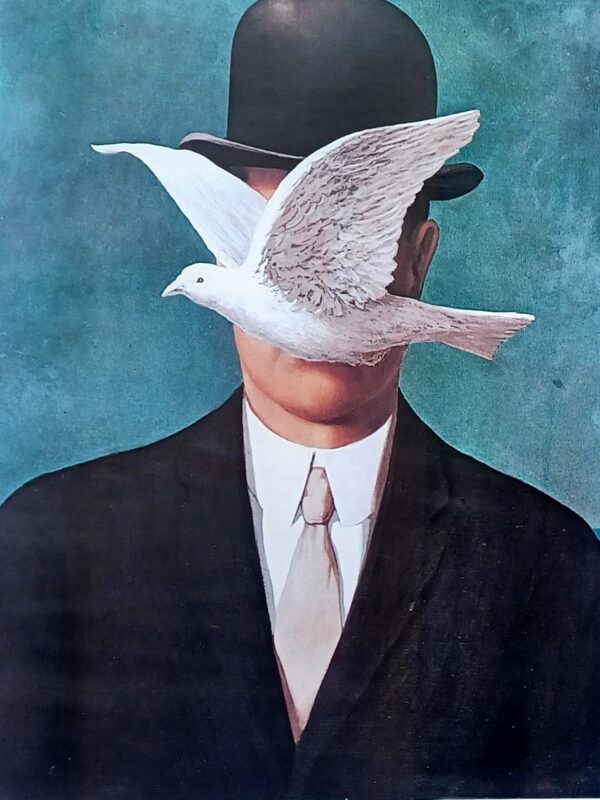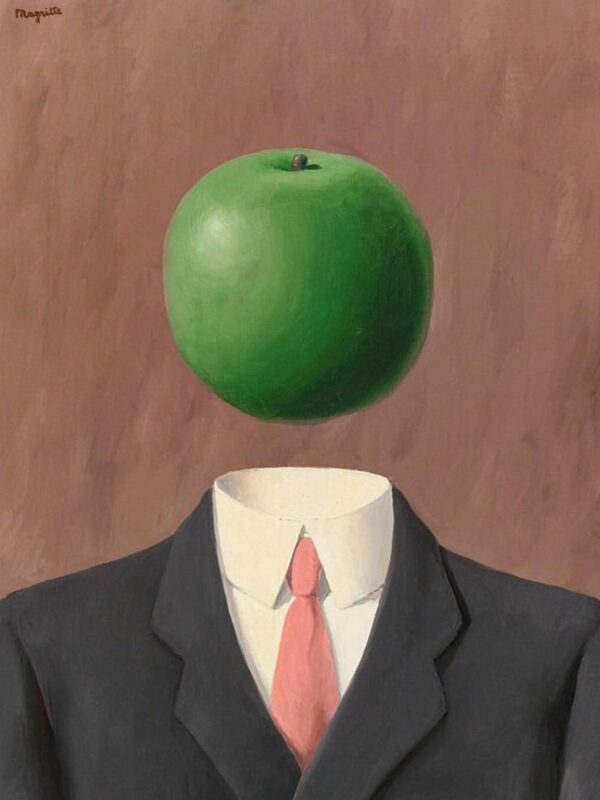Dismissive Attachment Style: Balancing Independence and Connection
Attachment theory, developed by John Bowlby and expanded upon by Mary Ainsworth, has illuminated the intricate dynamics of human relationships. Among the diverse attachment styles, the dismissive attachment style stands out as a pattern characterized by self-sufficiency, independence, and a tendency to downplay the significance of close relationships. In this comprehensive exploration, we delve into the characteristics of dismissive attachment, its origins in early caregiver-child interactions, and its impact on adult relationships. Additionally, we explore strategies for individuals with this attachment style to foster healthier and more secure connections. Dismissive attachment, also known as avoidant attachment, is characterized by a strong desire for independence and self-sufficiency in relationships.
Dismissive Attachment Style: Balancing Independence and Connection Read article







